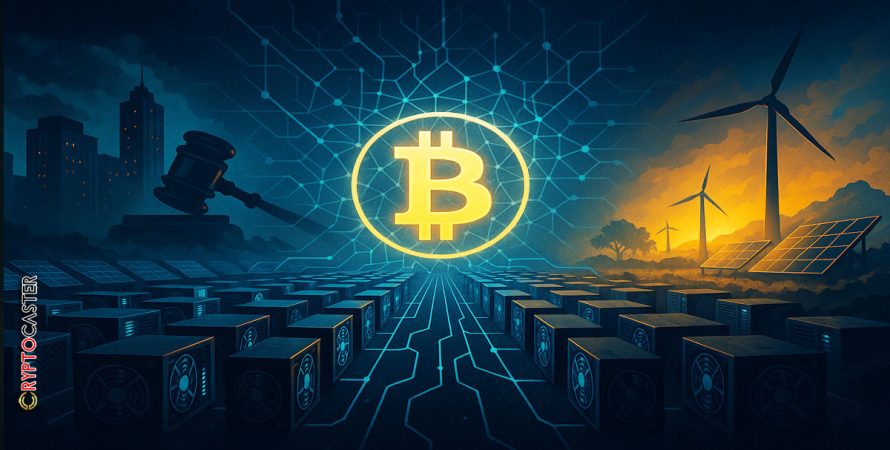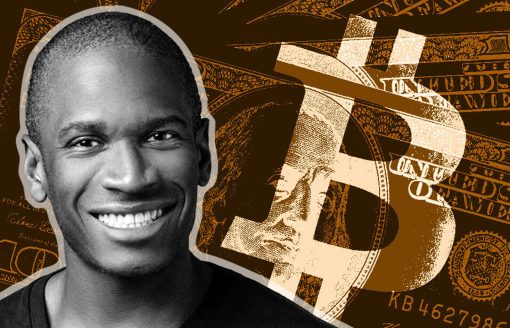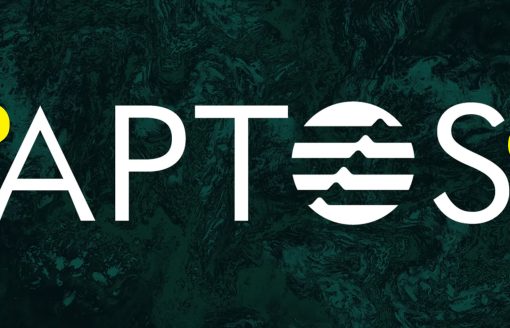Introduction
Bitcoin was designed to be the world’s first neutral, decentralized financial network — free from the influence of governments, corporations, or powerful intermediaries. Its resilience lies in the distribution of miners, who validate transactions and secure the blockchain. But as institutional investors, governments, and financial creditors gain influence over mining companies, a critical question emerges:
What happens if the miners themselves become compromised?
Stay in the know on crypto by frequently visiting Crypto News Today
The growing concentration of financial and regulatory pressure on miners threatens to erode the very integrity of Bitcoin’s censorship-resistance. Here’s why awareness is urgent, and what can be done to protect the network’s neutrality.
Institutional Stakeholders: The BlackRock Example
In recent years, large asset managers like BlackRock, Fidelity, and Vanguard have accumulated substantial positions in publicly traded Bitcoin mining companies. For example, filings show BlackRock controls nearly 15% of Marathon Digital (MARA) and significant stakes in Riot Platforms (RIOT). As major shareholders, these institutions hold sway over board decisions, governance policies, and long-term strategy.
CryptoCaster Quick Check:
This influence became visible in 2021, when Marathon Digital launched its so-called “OFAC-compliant” mining pool. The pool deliberately filtered out transactions linked to sanctioned addresses — effectively censoring the blockchain. While Marathon quickly reversed course after backlash, the episode showed that financial and regulatory pressure can shape miner behavior.
If institutions aligned with policy or compliance mandates push miners toward selective transaction inclusion, Bitcoin’s neutrality could come under coordinated threat.
Governments and Regulators: Pressure from Above
Governments worldwide have already demonstrated their ability to reshape mining. In 2021, China’s sweeping ban on Bitcoin mining caused the global hashrate to plummet overnight, forcing miners to migrate to the U.S., Kazakhstan, and other regions. That single policy decision reshaped the global distribution of mining power in weeks.
In the U.S., OFAC sanctions enforcement continues to loom over miners. The possibility of requiring miners to screen for sanctioned addresses has been floated repeatedly, raising fears of creeping censorship. Meanwhile, climate and energy regulators may impose environmental or grid-based restrictions on mining operations, further consolidating who is “allowed” to mine.
Even more concerning is the possibility of governments leveraging licensing frameworks: only miners that comply with regulatory demands (OFAC, ESG, or KYC rules) could access the energy or capital needed to operate. This would effectively create a whitelist of “approved miners,” eroding the permissionless design of Bitcoin.
Mining Pools: The Centralization Chokepoint
Most miners today do not independently select transactions. Instead, they join mining pools, which aggregate computing power and decide which transactions to include in blocks. Currently, just a handful of pools control the majority of Bitcoin’s hashrate.
This structure makes pools a prime target for external influence. If a large pool operator — under pressure from regulators, creditors, or investors — began enforcing transaction censorship, thousands of individual miners could be pulled along.
The development of Stratum V2, a mining protocol upgrade, aims to fix this by allowing individual miners to choose their own transactions. If widely adopted, Stratum V2 could return decision-making power to the edges of the network. Until then, pools remain a centralization risk.
Creditors and Financial Gatekeepers
Bitcoin mining is capital intensive, requiring constant investment in energy, hardware, and facilities. This leaves miners dependent on financing from banks, private equity, or institutional creditors.
During Core Scientific’s bankruptcy proceedings, creditors — including BlackRock — played a decisive role in whether operations would continue or be restructured. Such leverage can translate into subtle but powerful conditions: miners may be required to adhere to specific compliance rules, sustainability benchmarks, or even transaction policies in exchange for continued financing.
If creditors and insurers tie financing to “responsible” mining — defined through the lens of governments or ESG frameworks — neutrality could erode by way of financial gatekeeping.
International Agencies and Alliances
The risk is not limited to corporations or national governments. International agencies like the Financial Action Task Force (FATF) push for standardized KYC/AML measures across borders. If extended to mining, FATF-aligned rules could force pools to only process “verified” transactions.
Geopolitical alliances could also weaponize mining. For example, in regions like Africa or Central Asia, where mining is expanding, governments may attempt to harness miners for surveillance, taxation, or political objectives. Mining in geopolitically contested zones could become another tool of statecraft.
Why This Matters
The integrity of Bitcoin depends on the principle that any valid transaction can be processed, regardless of who you are or where you live. If miners or pools begin filtering transactions under institutional or governmental pressure, Bitcoin risks losing its core value proposition: censorship-resistance.
Importantly, we already have precedents:
- Marathon’s OFAC-compliant pool in 2021.
- Mining bans in China.
- Pools caught selectively excluding transactions tied to privacy wallets.
These were not hypothetical scenarios — they happened. The lesson is clear: miner neutrality can be compromised under the right pressure.
Safeguards and Solutions
Fortunately, Bitcoin’s community is not powerless. Several key measures can help defend against miner capture:
- Protocol Innovation:
- Adoption of Stratum V2 to give transaction selection back to individual miners.
- Ongoing research into decentralizing block construction.
- Economic Incentives:
- Miners earn more fees by including all valid transactions. Censorship reduces revenue and is therefore economically unsustainable in the long run.
- Transparency:
- Monitoring pools for evidence of transaction censorship.
- Publishing regular reports on hashrate distribution and miner diversity.
- Geographic and Operational Diversity:
- Expanding mining beyond a handful of regulatory jurisdictions.
- Supporting smaller, independent miners with access to off-grid and renewable energy.
Conclusion
Bitcoin remains resilient, but its neutrality cannot be taken for granted. As institutions, governments, creditors, and international agencies expand their influence, miners face growing pressure to conform to external agendas.
The good news: history shows that attempts to censor Bitcoin transactions are met with strong pushback from its community and market incentives that punish censorship. But awareness is the first defense.
If Bitcoin’s miners are allowed to fall under concentrated control, the promise of a decentralized, permissionless network weakens. The path forward requires vigilance, innovation, and a commitment to keeping Bitcoin truly neutral.
If this article brought you clarity, insight, or value—support the work that made it possible.
At CryptoCaster, we report on Web3, crypto markets, and institutional finance with no billionaire owners, no shareholders, and no hidden agenda. While mainstream media bends toward Elon Musk, BlackRock, and JPMorgan narratives, we stay focused on what matters: truth, transparency, and the public interest.
We don’t just cover the headlines—we investigate the power structures behind them. From FTX and Ripple to the quiet push for CBDCs, we bring fearless reporting that isn’t filtered by corporate interests.
CryptoCaster is 100% paywall-free. Always has been. To keep it that way, we depend on readers like you.
If you believe independent crypto journalism matters, please contribute—starting at just $1 in Bitcoin or Ether. Wallet addresses are below.
Your support keeps us free, bold, and accountable to no one but you.
Thank you,
Kristin Steinbeck
Editor, CryptoCaster
Support CryptoCaster: The Unfolding of Money
At CryptoCaster.world, we’re dedicated to bold journalism, sharp insights, and fearless commentary across blockchain, Web3, and crypto markets. Your **Bitcoin contributions** help us stay independent and continue delivering signal over noise.
🚨 CryptoCaster does not offer investment advice. Always DYOR—volatility is real, and risk tolerance matters.
Support our mission. Contribute BTC today.
🔗 Bitcoin Address:
3NM7AAdxxaJ7jUhZ2nyfgcheWkrquvCzRm
Thank you for backing our journalistic lens as we chronicle the Unfolding of Money — a saga still being written in real time.![]()
CRYPTOCASTER HEATMAP







